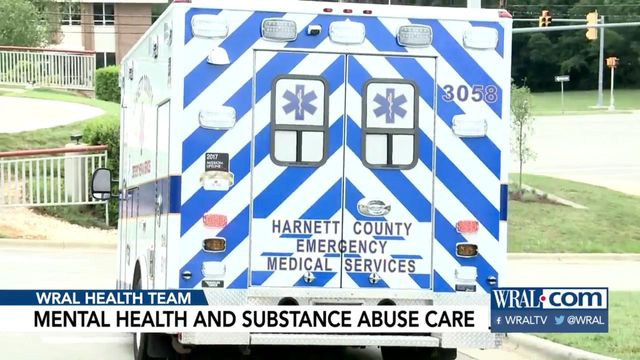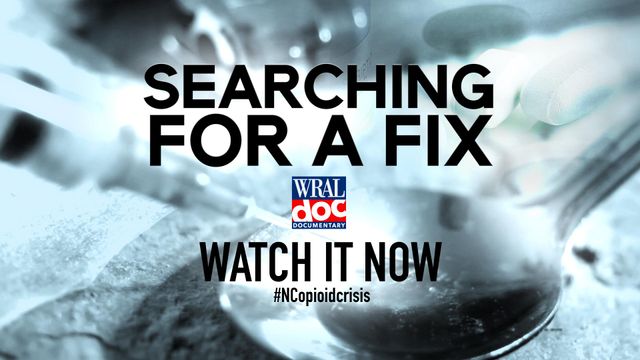ERs, community care coordinate to treat substance abuse issues
A new, three-county network of community providers, led by WakeMed's emergency department, is helping to streamline care for those with substance abuse and mental health issues.
Posted — UpdatedThe substance abuse crisis and demand for mental health care has overwhelmed hospitals across the country. It has led to overcrowded emergency departments and affects care for other patients.
A new, three-county network of community providers, led by WakeMed's emergency department, is helping to streamline that pipeline of care.
In 2017 alone, the WakeMed network of emergency care centers saw 38,000 patients with those issues.
Last fall, Southlight Healthcare of Raleigh helped those patients transition to appropriate care in their communities. That pilot program has now expanded into the network of Advanced Behavioral Health, a coordinated outpatient care system of eight to 10 community care providers in Durham, Wake and Johnston counties.
"We are able to match our patients' needs with the correct clinical provider, but also in a geographical location that is close to their home," said Rick Shrum, WakeMed vice president and chief strategy officer.
So far, the system has led to 20 percent more patients being discharged from emergency departments directly to community care and has reduced the average length of stay in the emergency departments by 31 percent.
The model is working, and word is getting around.
"In fact, I've been to two conferences this year where we've brought up what we're doing and that piques the interest of people around our state and our region," Trocinski said.
Organizers of the network say the community care model should help decrease the number of patients who end up in hospital emergency departments.
Related Topics
• Credits
Copyright 2024 by Capitol Broadcasting Company. All rights reserved. This material may not be published, broadcast, rewritten or redistributed.






